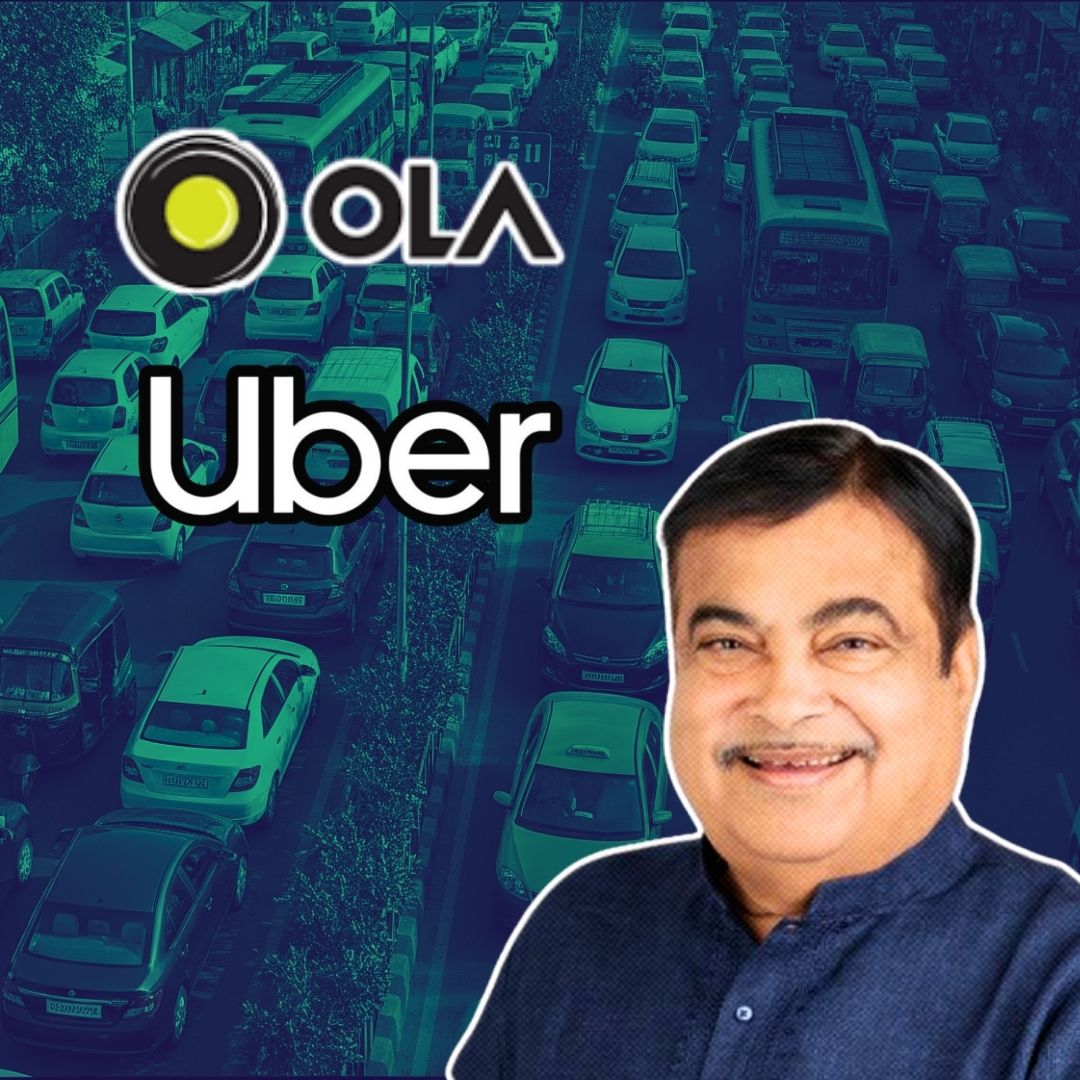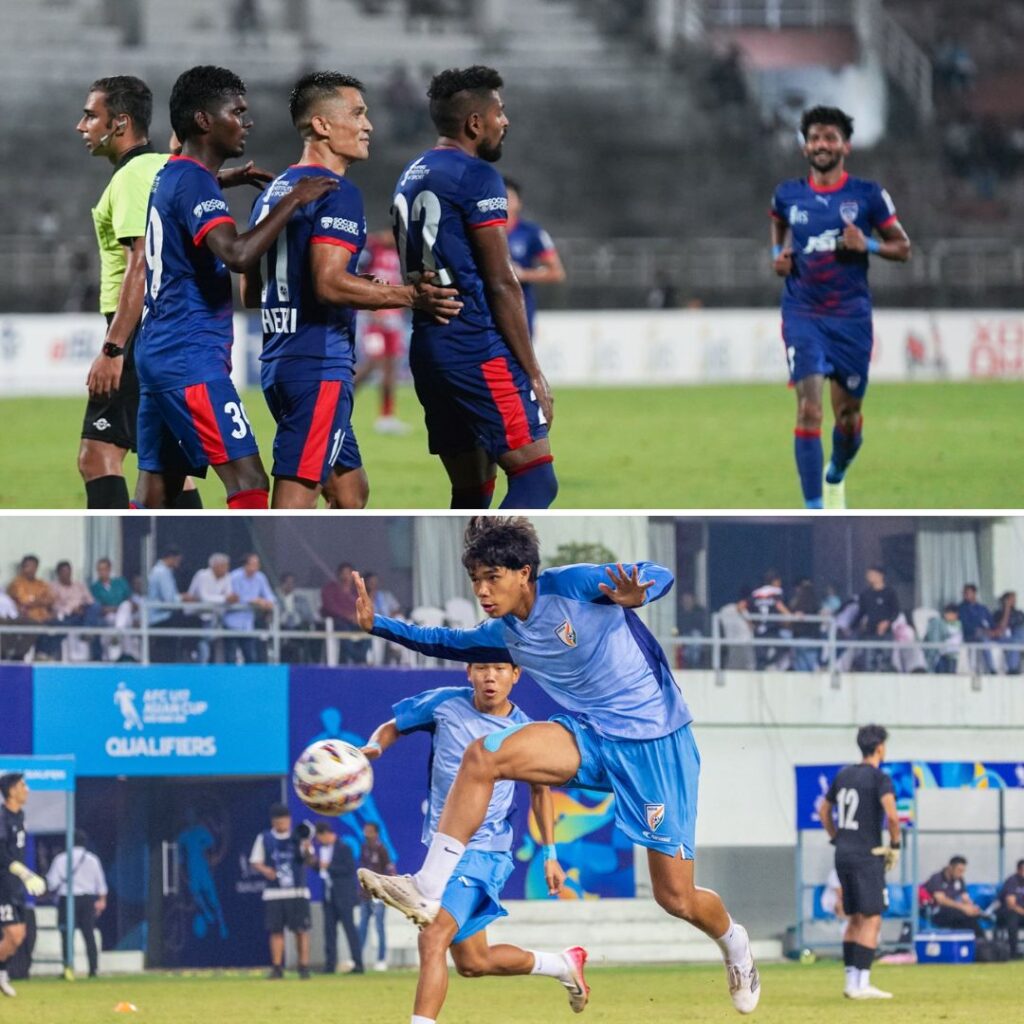The Ministry of Road Transport and Highways has issued the Motor Vehicles Aggregator Guidelines (MVAG) 2025, permitting cab aggregators like Ola and Uber to charge up to twice the base fare during peak hours, up from the previous 1.5x cap.
The guidelines, announced on July 1, also authorise state governments to allow private motorcycles to operate as taxis via aggregator apps, a move welcomed by industry players. States have been given three months to implement the new rules, which aim to balance platform flexibility and regulatory oversight while addressing safety and driver welfare.
Surge Pricing Cap Raised, Bike Taxis Legalised
Under MVAG 2025, cab aggregators can now set fares at up to 2x the state-notified base fare during high-demand periods and must offer at least 50% of the base fare during off-peak hours. The guidelines also allow non-transport (private) motorcycles to be used for passenger rides through aggregator platforms, pending state approval—a significant shift that brings long-awaited regulatory clarity for bike taxi operators like Rapido and Uber.
Rapido called this a “milestone in India’s journey towards a Viksit Bharat,” citing its potential to improve last-mile connectivity, reduce congestion and pollution, and create flexible job opportunities. Uber praised the consultative approach and highlighted the need for timely state adoption to ensure predictability for all stakeholders.
Background: Regulatory Gaps and Industry Response
The updated guidelines replace the 2020 framework, reflecting changes in India’s shared mobility sector, including rising demand for bike taxis, e-rickshaws, and flexible pricing models. Previously, many bike taxi operators operated in a legal grey area, with states like Karnataka recently banning such services, leading to protests and disruptions.
The new rules empower states to levy fees on aggregators for authorising private motorcycles and require platforms to ensure drivers receive at least 80% of the fare, with the remainder going to the aggregator.
Both drivers and passengers may face penalties of up to ₹100 or 10% of the fare for unjustified cancellations. Enhanced safety measures mandate a minimum of ₹5 lakh insurance cover for passengers, and health and term insurance for drivers.
The Logical Indian’s Perspective
The MVAG 2025 guidelines mark a transformative step in India’s mobility landscape, balancing innovation, affordability, and regulatory oversight. By formalising surge pricing and legalising bike taxis, the government aims to expand transport options, create new jobs, and address urban congestion.
However, the real test will be in transparent state-level implementation and vigilant monitoring to prevent excessive fare hikes and ensure safety for all users.












